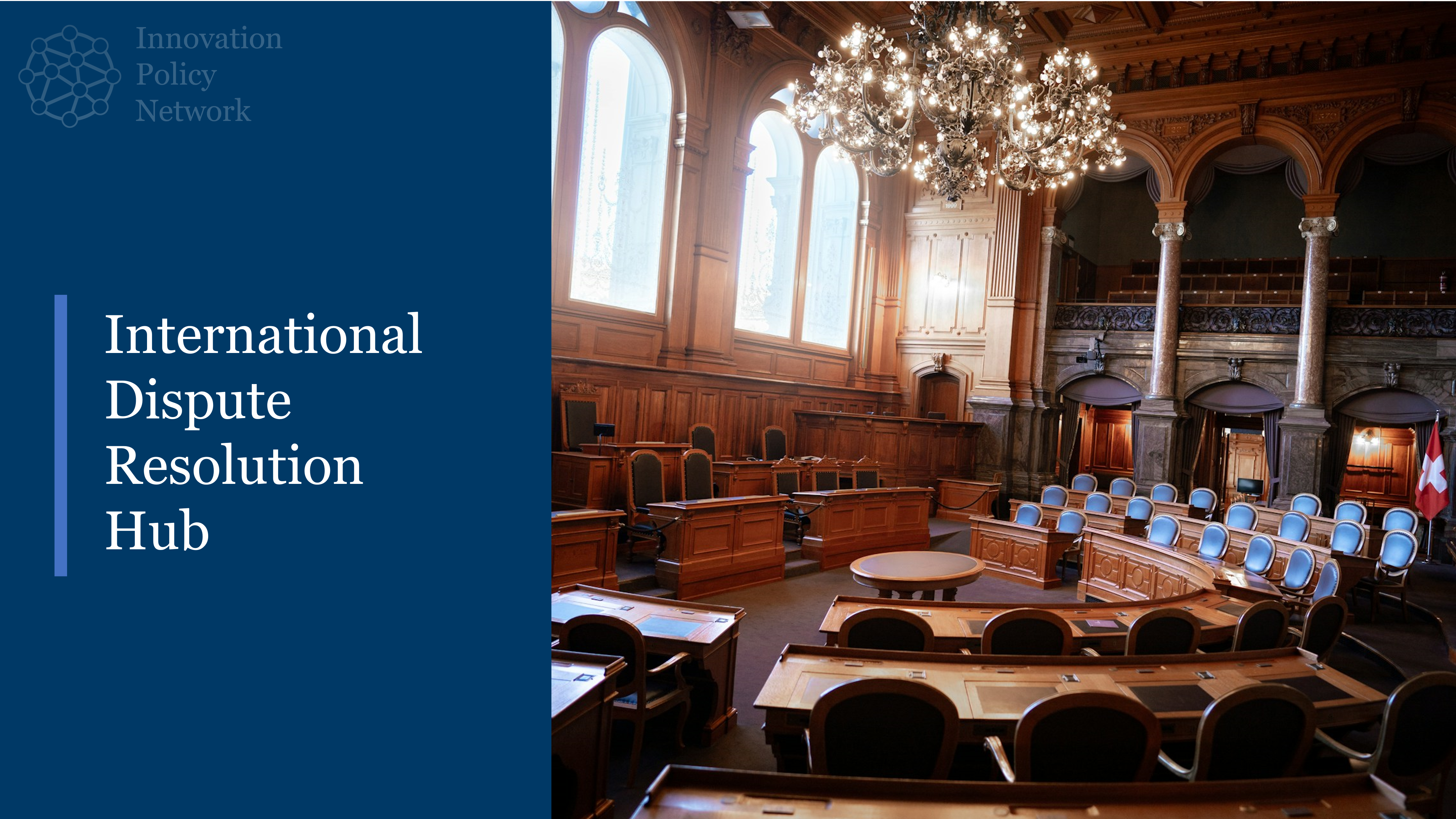Authors: Amedeo Rizzo, Erika Scuderi
Journal: Fiscalità & Commercio Internazionale, 2020
Abstract:
The COVID-19 pandemic seems to have eclipsed the environmental crisis. Of course, priorities on the European (and international) political agenda have radically changed due to the dramatic health emergency and its devastating economic effects. The sharp reduction in global economic activity during the lockdown led, in turn, to some unintentional, albeit temporary, environmental improvements that are expected to be frustrated as soon as the economy takes off again.
This exceptional scenario could serve as a blank canvas on which to draw a sustainable economic recovery shaping efficient tax measures on the objectives outlined in the European Green Deal. However, we should not make the mistake of burdening the most disadvantaged segment of the population: well-designed environmental taxes should, therefore, be levied on goods and activities that have available and affordable green substitutes. This way, corrective taxes would be more efficient in fulfilling their environmental objective, fairer because poorer households could opt for the non-polluting alternative, and they would help avoid the rebound of emission levels in the post-crisis scenario.






Leave a Reply